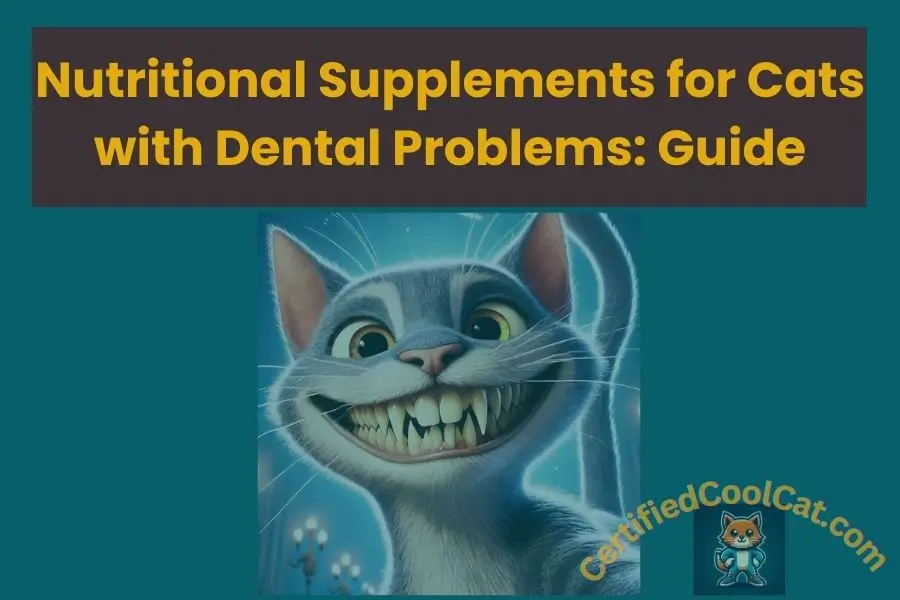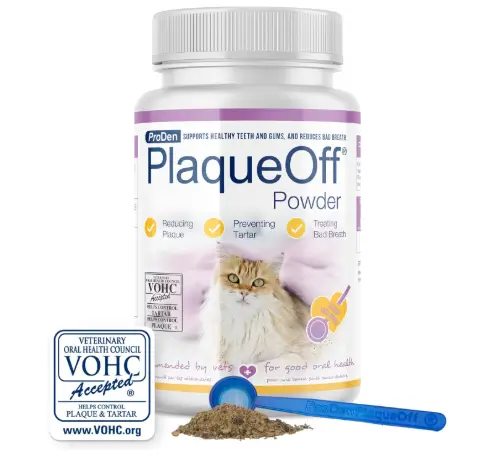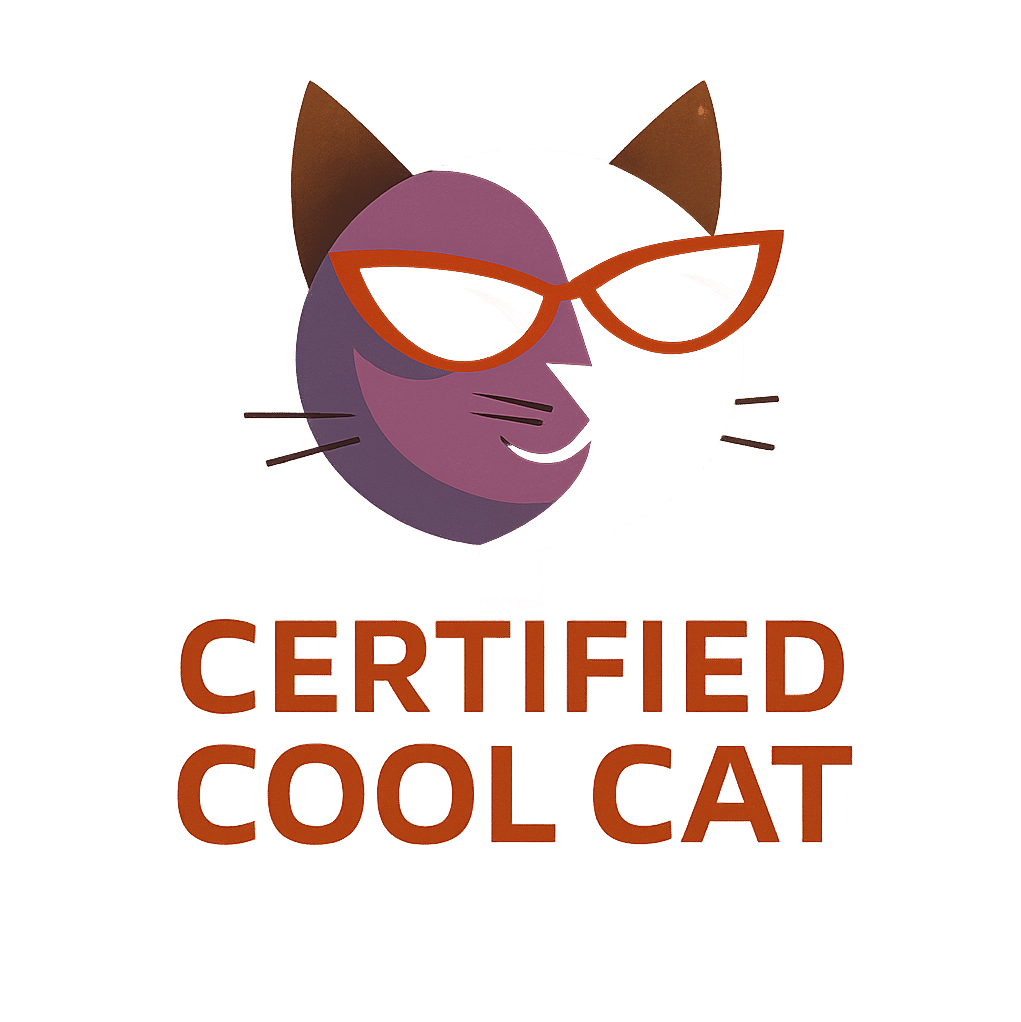
Dental health is a crucial yet often overlooked aspect of cat care. Cats with dental problems, especially seniors, can suffer from pain, difficulty eating, and overall health issues. Thankfully, there are nutritional supplements for cats with dental problems that can play a significant role in supporting their oral health. In this guide, we’ll explore the types of supplements available, their benefits, and how to choose the best ones for your feline friend.
Why Cats with Dental Problems Need Nutritional Support
The Connection Between Nutrition and Oral Health
Proper nutrition is essential for maintaining healthy teeth and gums in cats. Without adequate nutrients, oral tissues can weaken, making cats more susceptible to gum disease, tartar buildup, and tooth decay. Supplements help fill the gaps when a regular diet isn’t enough to support dental health.
Signs Your Cat Might Benefit from Supplements
- Difficulty eating: Avoiding food or eating less than usual.
- Bad breath: Persistent foul odor that doesn’t go away.
- Inflamed gums: Red or swollen gums are a common sign of dental issues.
- Excessive drooling: Indicates discomfort or pain in the mouth.
Types of Nutritional Supplements for Cats with Dental Problems
1. Plaque-Reducing Supplements
These supplements are designed to minimize plaque and tartar buildup, which are leading causes of dental issues in cats.
- Forms: Powders, chewable tablets, or water additives.
- Key ingredients: Zinc, chlorhexidine, and specific enzymes like lysozyme.
- Benefits: Help prevent gum disease and tooth decay by reducing bacteria and plaque.
2. Omega-3 Fatty Acids
Omega-3s are anti-inflammatory and can help reduce gum inflammation in cats.
- Sources: Fish oil and krill oil capsules.
- Benefits: Support overall oral health by promoting healthy gums and reducing swelling.
3. Probiotics for Oral Health
Oral probiotics help balance the bacteria in a cat’s mouth, creating an environment less conducive to harmful bacteria growth.
- Forms: Powders, oral sprays, or chewables.
- Key benefits: Freshens breath and supports gum health.
4. Vitamins and Minerals
Certain vitamins and minerals are essential for maintaining strong teeth and gums.
- Calcium: Strengthens teeth and bones.
- Vitamin C: Promotes healthy gum tissue.
- Phosphorus: Works with calcium for stronger teeth.
5. Specialized Dental Chews
Dental chews not only reduce plaque mechanically but also deliver nutritional benefits.
- Dual-action: Clean teeth while providing essential nutrients.
- Tips: Choose chews that are appropriately sized and textured for cats.
Top-Rated Nutritional Supplements for Cats with Dental Problems
This section highlights standout options across different forms, so you can focus on what works best for your cat’s needs.
Some links on CertifiedCoolCat.com are affiliate links, meaning I may earn a commission—at no extra cost to you. I only recommend products I trust for happy, healthy cats. As an Amazon Associate, I earn from qualifying purchases.
1. Powdered Supplements

Powders are an easy way to add dental health support to your cat’s diet.
- Example: PlaqueOff Powder for Cats.
- Benefits: Reduces plaque and tartar with a simple sprinkle over food.
2. Liquid Supplements or Water Additives
Ideal for cats who are picky eaters or refuse pills.
- Example: Tropiclean Fresh Breath Water Additive.
- Benefits: Freshens breath and reduces bacteria while being easy to administer.
3. Dental Chews or Treats
Dental treats are a great option for cats with cat dental health problems who enjoy chewing.
- Example: Greenies Feline Dental Treats.
- Benefits: Scrub teeth while providing essential nutrients for oral health.
4. Omega-3 Capsules or Soft Gels
Soft gels or capsules deliver the anti-inflammatory benefits of omega-3s.
- Example: Nordic Naturals Omega-3 Pet Soft Gels.
- Benefits: Reduces gum inflammation and supports overall oral health.
How to Choose the Right Supplement for Your Cat

1. Consult Your Veterinarian
- Always seek professional advice before starting any supplement.
- Discuss your cat’s specific needs, such as allergies or pre-existing conditions.
2. Look for Trusted Ingredients
- Avoid harmful additives like artificial colors or flavors.
- Opt for products with natural, vet-approved ingredients.
3. Understand Your Cat’s Preferences
- Powder, liquid, or chewable? Choose a form your cat is comfortable with.
- Introduce supplements gradually to minimize stress or rejection.
Additional Tips for Supporting Your Cat’s Dental Health
Daily Habits for Better Oral Care
- Brushing: Use cat-friendly toothpaste and a soft-bristled brush.
- Dental toys: Offer toys designed to help scrub teeth during play.
- Regular vet checkups: Ensure professional dental cleaning as needed.
Pairing Supplements with a Dental-Friendly Diet
- Opt for specially formulated dental diets that reduce plaque.
- For cats with severe dental issues, explore this best cat food for older cats with bad teeth to complement their nutritional needs.
- Try these cat food recipes for senior cats with bad teeth to offer homemade options that are soft and nutritious.
- Wet vs. dry food: Consult your vet to determine the best choice for your cat. For tips on transitioning, read this guide on how to get your cat to eat wet food.
Frequently Asked Questions (FAQs)
1. Are nutritional supplements for cats with dental problems safe for all cats?
Yes, most supplements are safe, but you should consult your veterinarian before starting any new supplement, especially if your cat has allergies or pre-existing conditions.
2. What is the best form of nutritional supplements for cats with dental problems?
The best form depends on your cat’s preferences. Powders and water additives are great for picky eaters, while chews are ideal for cats that enjoy treats.
3. How long does it take for cats nutritional dental supplements to work?
You can expect to see noticeable improvements in your cat’s dental health within 4-6 weeks of consistent use, though the timeline may vary depending on the product and your cat’s condition.
Last Thoughts…
Providing nutritional supplements for cats with dental problems are an excellent way to support your cat’s oral health. From plaque-reducing powders to omega-3 soft gels, there’s a solution for every feline’s needs. Start by consulting your veterinarian, choosing high-quality products, and pairing supplements with good dental hygiene practices. With the right approach, you can keep your cat’s teeth healthy and pain-free for years to come.
“Want to make mealtime easier for your senior cat with dental issues? Discover the best cat food for older cats with bad teeth and give them the comfort they deserve today!”


